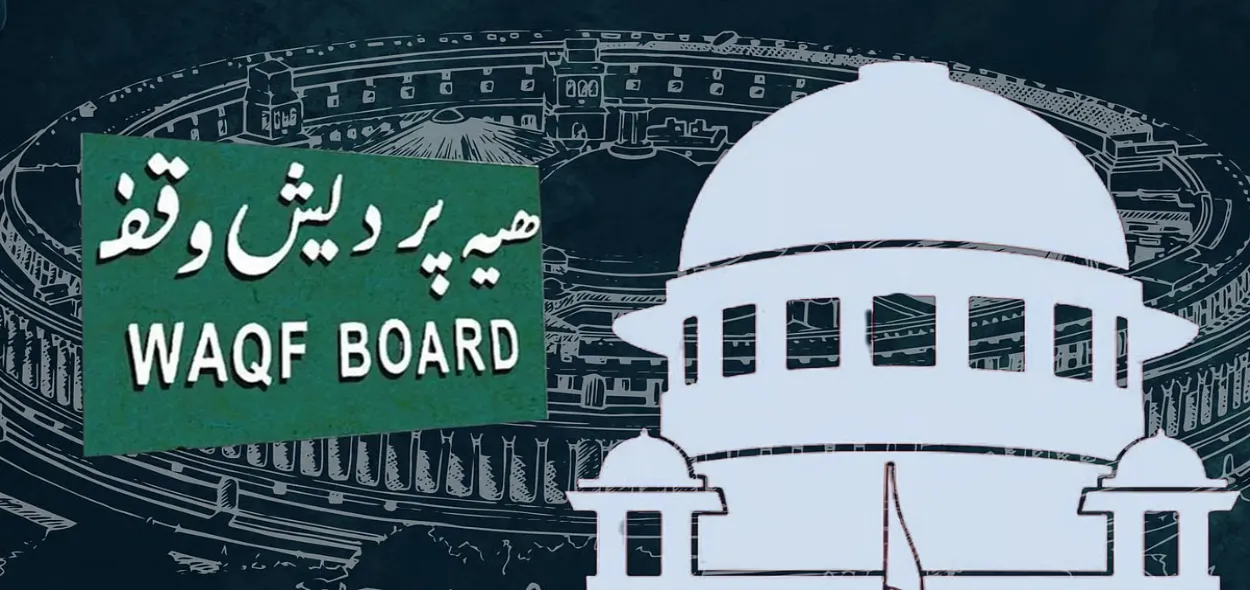
New Delhi/Lucknow
The Supreme Court on Monday stayed several contentious provisions of the Waqf (Amendment) Act, 2025, while refusing to halt the law in its entirety. A bench led by Chief Justice of India BR Gavai and Justice Augustine George Masih observed that certain sections required protection until a final adjudication on petitions challenging the Act’s constitutional validity.
The apex court put on hold the provision mandating that a person must be a practising Muslim for at least five years to create a Waqf, noting that no mechanism exists to verify such a condition. It also stayed the clause empowering Collectors to determine whether Waqf property encroached upon government land, ruling that such authority violates the separation of powers. Additionally, the restriction on the number of non-Muslim members in Waqf boards and councils will remain under interim stay, though the requirement that the CEO of a Waqf Board be a Muslim has not been disturbed.
Petitioners welcomed the interim order. Syed Qasim Rasool Ilyas of the All India Muslim Personal Law Board (AIMPLB) said the court had accepted many of their concerns, including issues related to "Waqf by User" and protection of monuments. “To a large extent, our points have been accepted,” he said. Advocate Anas Tanweer, another petitioner, described the order as “balanced,” pointing out that only select provisions had been stayed.
The AIMPLB also issued a statement of cautious optimism. Its member, Maulana Khalid Rasheed Farangi Mahali, called the stay on key sections “a very welcome step,” but reiterated the demand for a complete stay on the Act. “We expect that whenever the final decision comes, we will be given 100 per cent relief,” he said.
On the other hand, advocates representing petitioners supporting the amendments underlined that most provisions remain intact. Advocate Varuna Sinha noted, “There is no stay on the amendments brought in by the central government. The order only ensures that waqf properties cannot be taken away without due procedure.”
The Centre has defended the amendments, arguing they regulate the secular aspects of property management and do not infringe upon religious freedoms. It said the five-year practice clause and limits on non-Muslim participation were intended to prevent misuse.
The Waqf (Amendment) Act, passed by Parliament in April and signed into law by President Droupadi Murmu, introduces sweeping changes in governance, registration, and management of waqf properties. While supporters argue it strengthens transparency and inclusivity, critics contend it is arbitrary, discriminatory, and undermines community rights.
The matter will next come up for detailed hearing as the court considers the constitutional validity of the Act.
